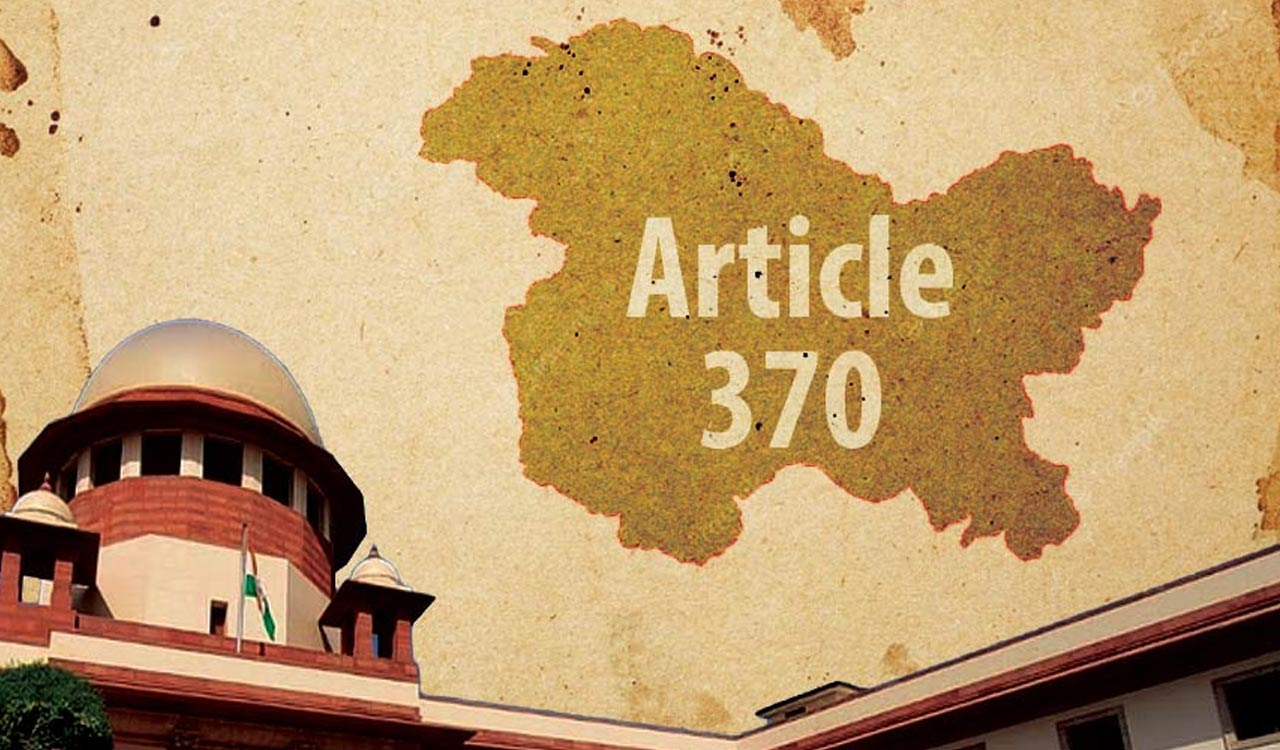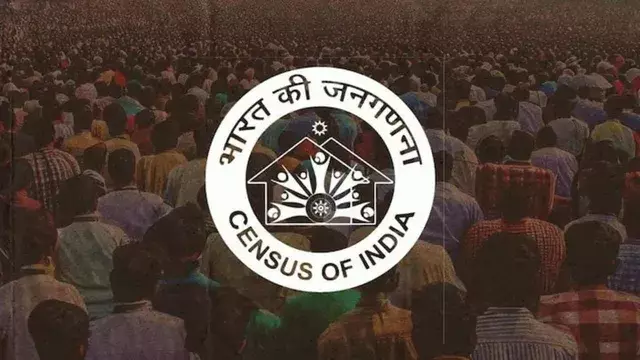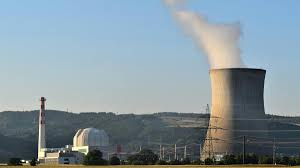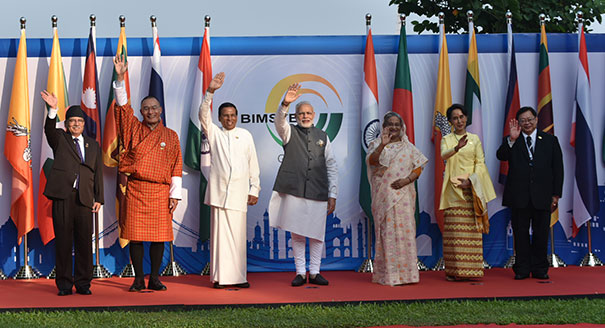- Courses
- GS Full Course 1 Year
- GS Full Course 2 Year
- GS Full Course 3 Year
- GS Full Course Till Selection
- Answer Alpha: Mains 2025 Mentorship
- MEP (Mains Enrichment Programme) Data, Facts
- Essay Target – 150+ Marks
- Online Program
- GS Recorded Course
- Polity
- Geography
- Economy
- Ancient, Medieval and Art & Culture AMAC
- Modern India, Post Independence & World History
- Environment
- Governance
- Science & Technology
- International Relations and Internal Security
- Disaster Management
- Ethics
- NCERT Current Affairs
- Indian Society and Social Issue
- NCERT- Science and Technology
- NCERT - Geography
- NCERT - Ancient History
- NCERT- World History
- NCERT Modern History
- CSAT
- 5 LAYERED ARJUNA Mentorship
- Public Administration Optional
- ABOUT US
- OUR TOPPERS
- TEST SERIES
- FREE STUDY MATERIAL
- VIDEOS
- CONTACT US
5th Anniversary of the Abrogation of Article 370
5th Anniversary of the Abrogation of Article 370

On the 5th anniversary of the abrogation of Article 370 and Article 35(A), Prime Minister Narendra Modi described the step as a watershed moment in the nation's history, starting a new era of progress and prosperity in Jammu and Kashmir, and Ladakh.
Date of Abrogation: August 5, 2019
What Was Article 370?
- Definition: Article 370 of the Indian Constitution provided special autonomy to Jammu and Kashmir.
- Drafting: Created by N. Gopalaswami Ayyangar, added as a 'temporary provision' in 1949.
- Provisions:
- Allowed Jammu and Kashmir to have its own constitution, flag, and significant autonomy over internal matters.
- Excluded from the jurisdiction of central laws on subjects like defense, foreign affairs, and communications.
- Historical Basis: Derived from the Instrument of Accession signed by Maharaja Hari Singh in 1947.
Repeal of Article 370
- Presidential Orders:
- On August 5, 2019, the Indian government issued Presidential Orders that redefined the "Constituent Assembly of Jammu and Kashmir" to mean the "Legislative Assembly of Jammu and Kashmir."
- This allowed the central government to assume legislative powers and revoke Article 370.
- Parliamentary Resolutions:
- Concurrent resolutions were passed by both houses of Parliament (Lok Sabha on August 5 and Rajya Sabha on August 6, 2019).
- These resolutions abrogated the remaining provisions of Article 370 and introduced new provisions.
- Jammu and Kashmir Reorganisation Act, 2019:
- Division: Divided Jammu and Kashmir into two Union Territories.
- Repeal: Repealed Article 370, which had granted Jammu and Kashmir a unique status.
- Districts: Leh and Kargil districts became part of the Union Territory of Ladakh, while the remaining areas became part of Jammu and Kashmir.
- Lok Sabha Seats: Five Lok Sabha seats were retained by Jammu and Kashmir, and one was transferred to Ladakh.
- Legislature:
- Reserved Seats: Seats in the Legislative Assembly will be reserved for tribal and scheduled caste people.
- Nomination: The Lt. Governors can nominate two women members for the Assembly to ensure gender equality.
- Tenure: The elected Legislative Assembly will serve for 5 years, and the Lt. Governor will summon the Assembly once every six months.
- Legislative Powers: The Legislative Assembly has the right to pass laws related to matters listed in the Indian Constitution's State's List, except for "Police" and "Public Order."
- Concurrent List: Matters specified in the Concurrent List will be applied to Indian Union Territories, with Parliament having the decision-making power.
Supreme Court Judgment on Article 370
- Date: December 2023
- Outcome:
- The Supreme Court upheld the abrogation of Article 370, validating the Presidential Orders and the Jammu and Kashmir Reorganisation Act, 2019.
- Key Points:
- Article 370 was intended as a temporary provision.
- Jammu and Kashmir did not have sovereignty; the Indian Constitution's Article 1 applied fully.
- Presidential powers to make irreversible changes were upheld, but subject to judicial review.
- The Constitution of Jammu and Kashmir became inoperative with the Indian Constitution fully applying.
Reasons for Abrogation
- Integration and Development: Enhanced access to resources and infrastructure; better integration with India.
- National Security: Improved control and stricter counter-terrorism measures.
- Ending Discrimination: Ensured equal rights for women, Dalits, and other marginalized groups.
- Legal Uniformity: Applied uniform laws across India, eliminating legal confusion.
- Demographic Changes: Aimed to stabilize the region economically and socially by encouraging outside investment.
- Political Stability: Sought to foster a stable political environment and re-establish democratic processes.
Impact of Abrogation
- Uniformity in Laws:
- Domicile Laws: Replaced Permanent Resident Certificates with a new domicile clause effective from April 2020. New criteria included residency and education in J&K.
- Land Laws: Amended or repealed land laws to enable broader access to land ownership.
- Bharatiya Nyaya Sanhita (BNS): Replaced the Ranbir Penal Code with the Indian Penal Code.
- Establishment of State Investigation Agency (SIA):
- Founded in November 2021 to coordinate terrorism investigations with the National Investigation Agency (NIA).
- Decline in Violence:
- Significant decrease in terror activities, local militancy recruitment, and violent incidents. Stone pelting and separatist strikes have largely vanished.
|
Description |
2019 |
2020 |
2021 |
2022 |
2023 |
|
Terrorist initiated incidents |
153 |
126 |
129 |
125 |
46 |
|
Encounters/counter terrorism operations |
102 |
118 |
100 |
117 |
48 |
|
Civilians killed in terrorist-initiated incidents and in encounters |
44 |
38 |
41 |
31 |
14 |
|
Security personnel killed |
80 |
63 |
42 |
32 |
30 |
|
Terrorist killed |
157 |
221 |
180 |
187 |
73 |
- Electoral Participation:
- Record voter turnout in the 2024 Lok Sabha elections; the Kashmir Valley saw a significant increase in voter participation.
- Tourism:
- Over 21.1 million visitors in 2023, marking a substantial boost in tourism and local economic growth.
- Trade and Investments:
- J&K attracted Rs 5,656 crore in investments since the abrogation. New industrial schemes have spurred considerable investment.
- Enhanced Infrastructure:
- Significant investments in infrastructure, including roads, bridges, tunnels, and power lines, improving connectivity and business operations.
New Challenges Post-Abrogation
- Political Instability and Governance Issues:
- Detentions of political leaders and communication blackouts created a governance vacuum and local alienation.
- Security Concerns and Militancy:
- Resurgence of militant activities with increased recruitment, modern technology use, and security challenges. Example: Recent terrorist attack on an Indian Army and pilgrim’s convoy.
- Socio-Economic Disruption:
- Economic contraction, especially in tourism, with high unemployment and youth discontent due to prolonged lockdowns.
- Human Rights Violations:
- Reports of detentions, excessive force by security forces, and restricted freedom of expression leading to local resentment.
- Administrative Challenges in Ladakh:
- Demand for inclusion under the Sixth Schedule and full statehood for greater autonomy in development and natural resource control.
- Cultural and Identity Concerns:
- Fears of cultural dilution and demographic changes due to the influx of outsiders; regional parties are concerned about land and job security for locals.
What should be done for better improvement:
- Timeline and Elections: The Supreme Court suggested holding elections by September 2024. Emphasis on setting a clear timeline, addressing logistical and security challenges, and ensuring fair elections.
- Encourage Broad Political Participation: Promote inclusive political engagement to ensure a smooth transition to statehood.
- Security and Human Rights: Ensure civilian safety, address security concerns, and investigate human rights violations independently.
- Economic and Social Integration: Focus on economic development, job creation, and infrastructure improvements. Promote social cohesion and address grievances.
- Embrace Atal Bihari Vajpayee's Vision: Incorporate principles of Kashmiriyat (Kashmir's inclusive culture), Insaniyat (humanitarianism), and Jamhooriyat (democracy) into reconciliation efforts.
- Transparency and Communication: Maintain open communication between the central government, state administration, and local communities to build trust.
Conclusion:
The abrogation of Article 370 marked a significant shift in the constitutional and administrative framework of Jammu and Kashmir. While the move aimed to enhance integration, security, and development, it also brought forth new challenges such as political instability, security concerns, and socio-economic disruptions. Addressing these challenges requires a multi-faceted approach that includes ensuring fair elections, promoting economic and social integration, and maintaining transparency and trust through continuous dialogue and policy adaptation. The ultimate goal is to foster a stable, secure, and prosperous Jammu and Kashmir, aligned with the aspirations of its people and the broader vision of a united India.




